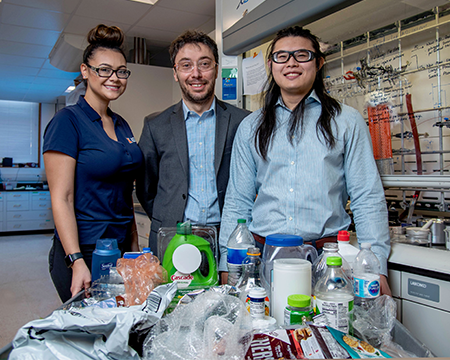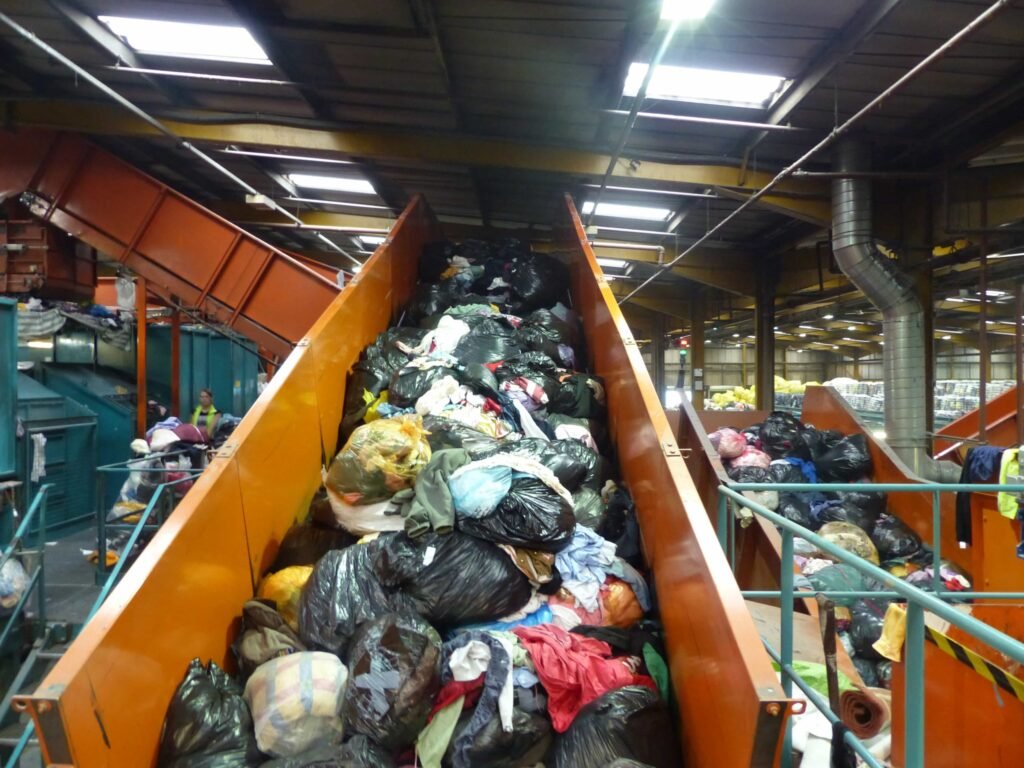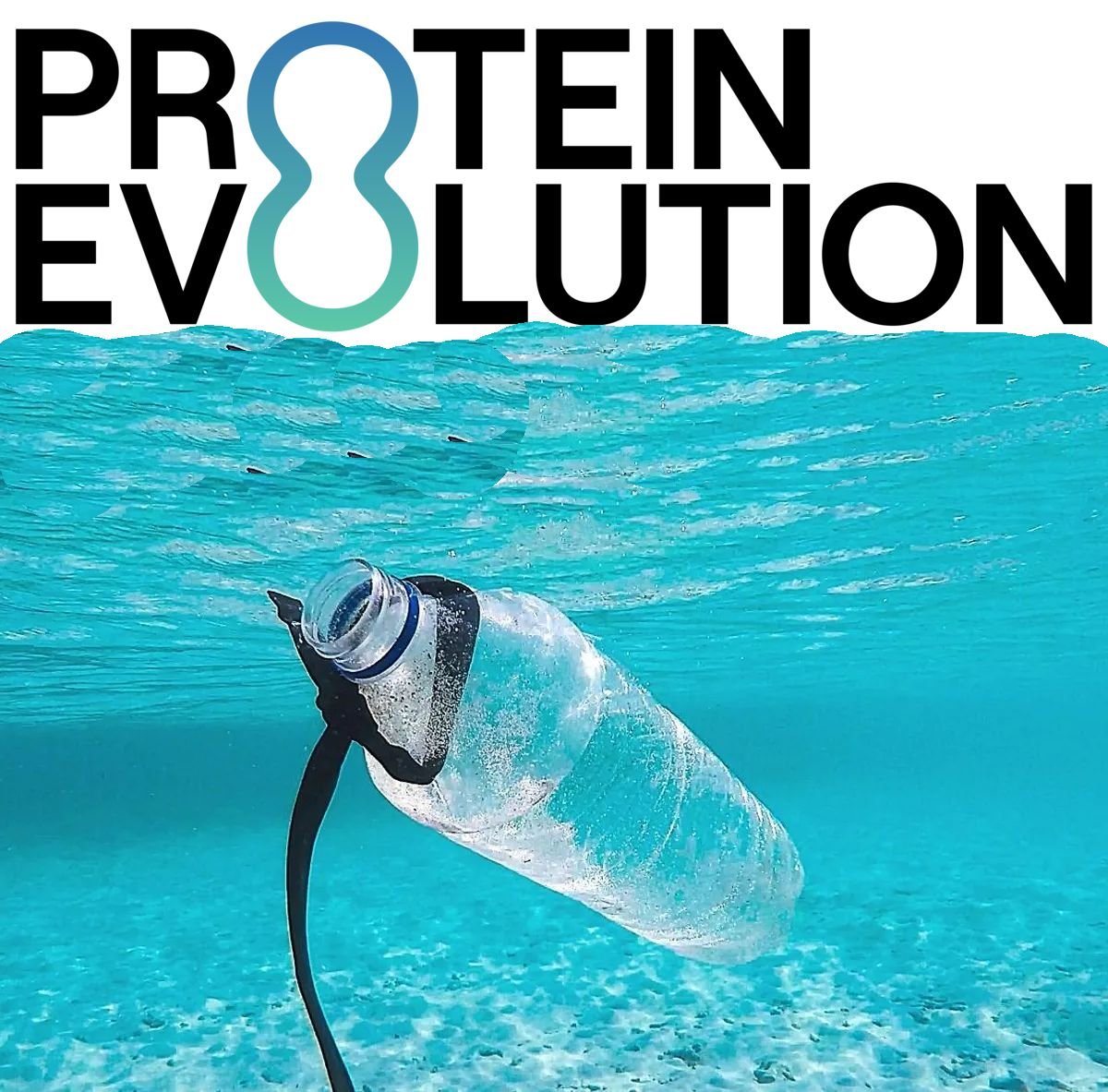Protein Evolution, a New Haven, Connecticut-based firm, said this week that it has developed a technology for breaking down plastic waste into component pieces that may then be repurposed to generate new polymers. This technology will assist the chemical sector in making the transition to a low-carbon, circular economy.


Using current advances in natural science and artificial intelligence, the business creates enzymes that convert end-of-life textile and plastic waste into the building blocks for new textile and plastic goods. This patented technique is the first of its type to be intended for mass manufacturing.
It has developed a low-cost solution with immediate applicability for companies seeking to lessen their dependency on fossil fuels.
Protein Evolution examines, analyses, and maps tens of millions of distinct enzymes in order to determine the most effective method of recycling waste materials into useful compounds.
Nature has already created a microbe capable of breaking down plastic for zero-emission recycling, but it is exceedingly sluggish. Protein Evolution’s technology compresses a million-year evolutionary process into a single day, allowing them to develop a cost-efficient, scalable, and effective solution to change the plastic waste business.

The initial product of the firm is an enzymatic process that converts textile and plastic waste into an eternally recyclable resource. It plans to create its first commercial collaboration by the end of 2022 in order to meet the demands of global consumer brands looking to recycle and convert textiles and mixed-plastic waste.
Reference- Protein Evolution PR and website, Businesswire, Clean Technica, Forbes, Reuters






